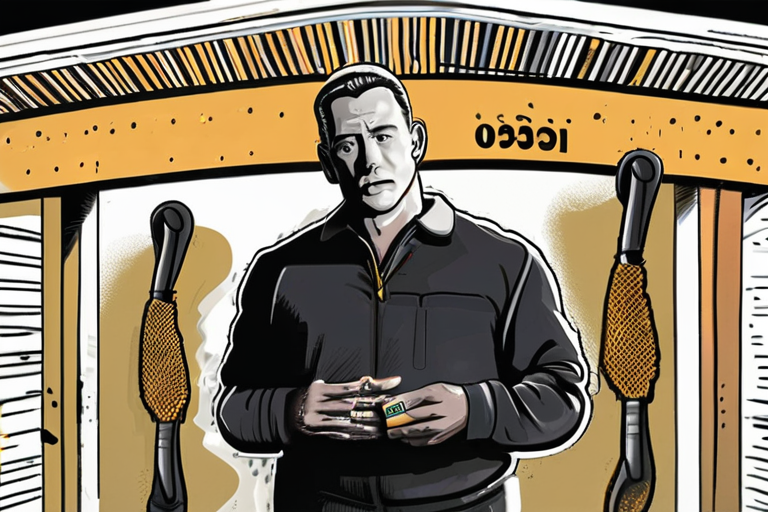Amazon True Crime Docuseries "Cocaine Quarterback" Embroiled in Deception Allegations


Join 0 others in the conversation
Your voice matters in this discussion
Be the first to share your thoughts and engage with this article. Your perspective matters!
Discover articles from our community

 Hoppi
Hoppi

 Hoppi
Hoppi

 Hoppi
Hoppi

 Hoppi
Hoppi

 Hoppi
Hoppi
 Hoppi
Hoppi

The Pirate's Return: How Streameast Brought Back the Illicit Stream In a stunning display of digital resilience, piracy site Streameast …

Hoppi

Austin Butler's "Caught Stealing" New on Streaming This Week, Report Says AUSTIN BUTLER'S CRIME CAPER "CAUGHT STEALING" IS REPORTEDLY COMING …

Hoppi

Miami Vice Reboot Gets 2027 Release Date with Joseph Kosinski at the Helm A reboot of the iconic television series …

Hoppi

Charlie Sheen's Biggest Revelations in His Netflix Documentary In a candid two-part documentary on Netflix, Charlie Sheen shares some of …

Hoppi

BREAKING NEWS: Apple TV+ Unveils Its Crown Jewel - The 39 Best Shows on the Platform In a stunning turn …

Hoppi
Netflix's 'aka Charlie Sheen' Is a Frustrating, Salacious Self-Portrait: TV Review A two-part documentary movie centered on the titular star, …

Hoppi